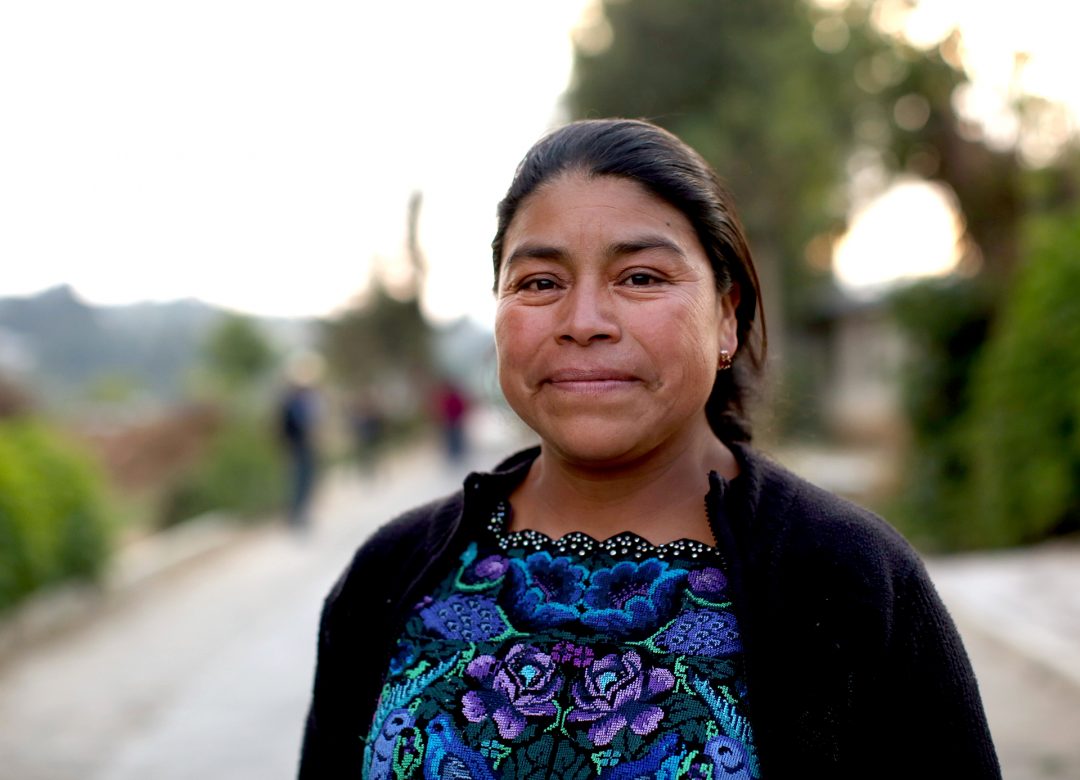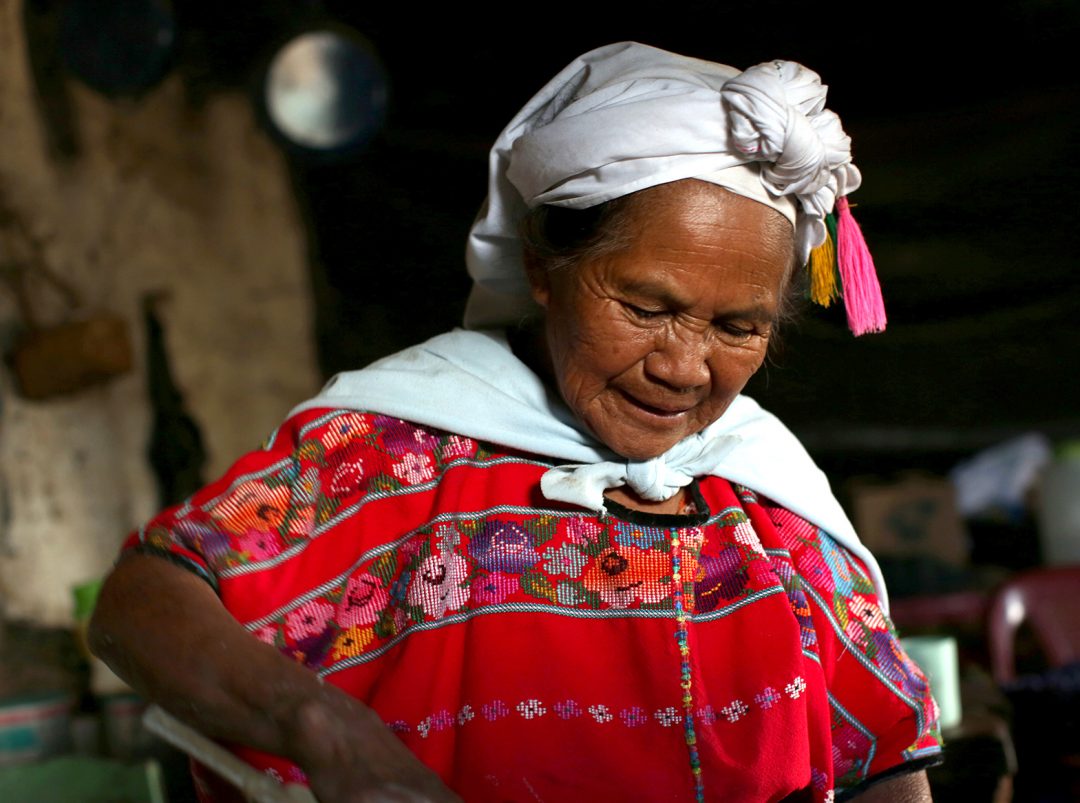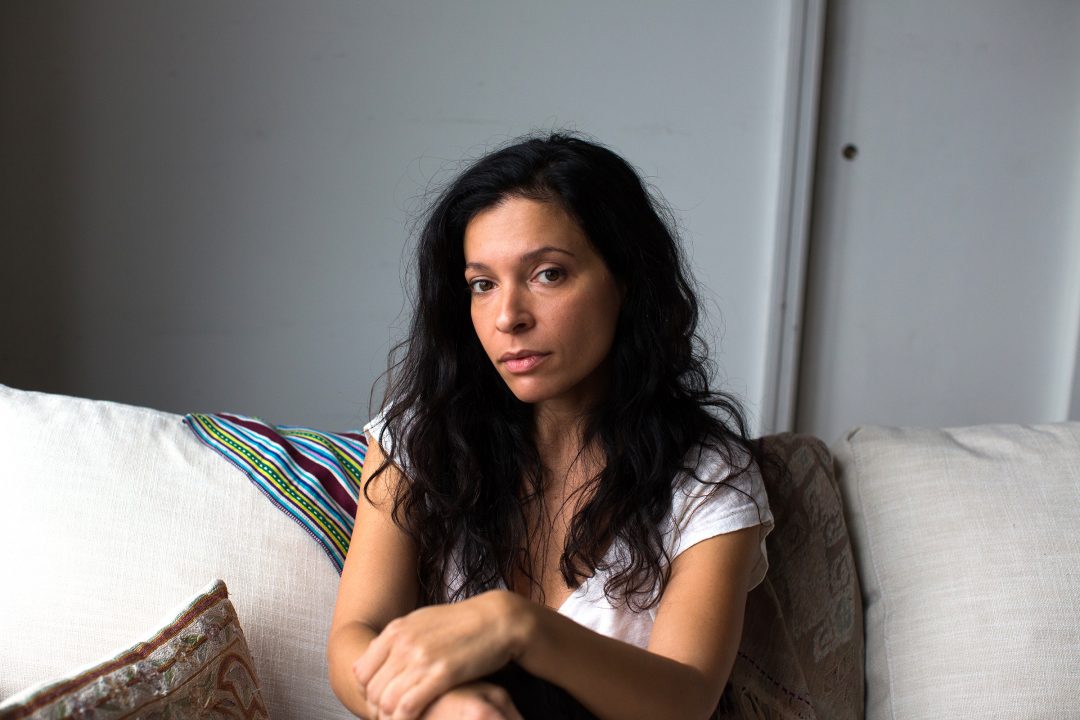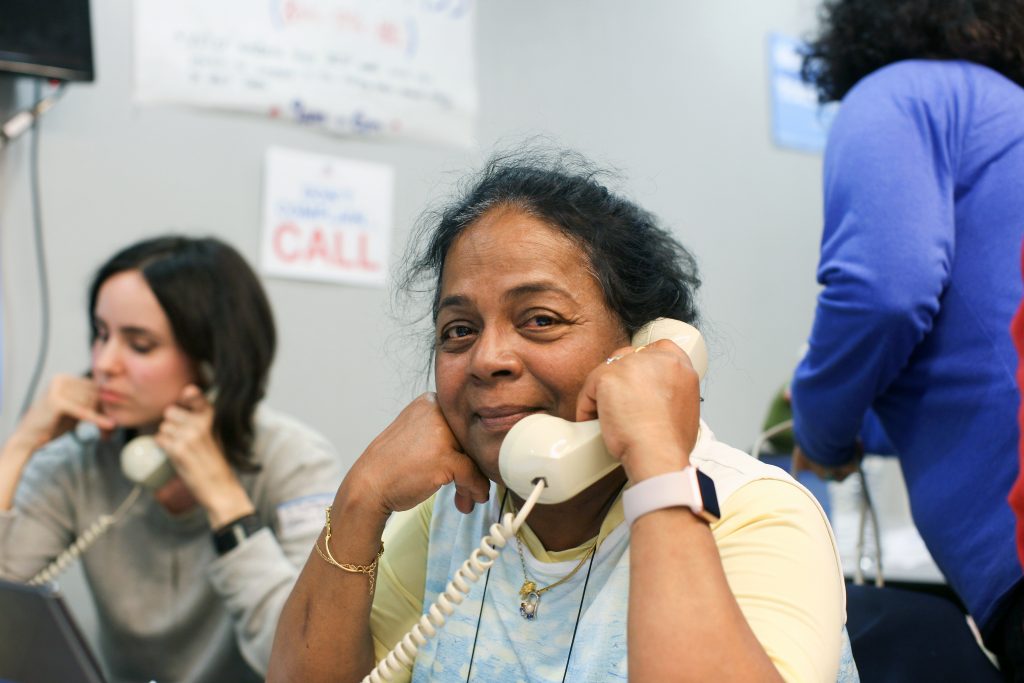"When I was a teenager and studying to become a teacher I got pregnant and dropped out of school. At the time I thought my work and the rest of my life would be in the house and in the kitchen. But after participating in some community women's groups and raising three children with my husband, I decided to become a health promoter so I could earn my own money and go back to school. I earned Q300 which was enough to pay for my school materials and my uniform. I only had one uniform for all three years I was in school. I had to borrow money from my family so that I could buy the clothing I needed for my graduation. But I kept pushing myself toward my goals. It was hard but I just kept going. While raising 5 children, I became a teacher and now I am the Director of the School." - Dominga Lukas Castro is an educator and business owner in Huitan, Guatemala. She also gives literacy classes to her mother-in-law (yesterday's EVE) and older women in her community.
note: This project is dedicated to Dominga and you can read a longer version of her story on meandeve.com. It is the very first story published.



